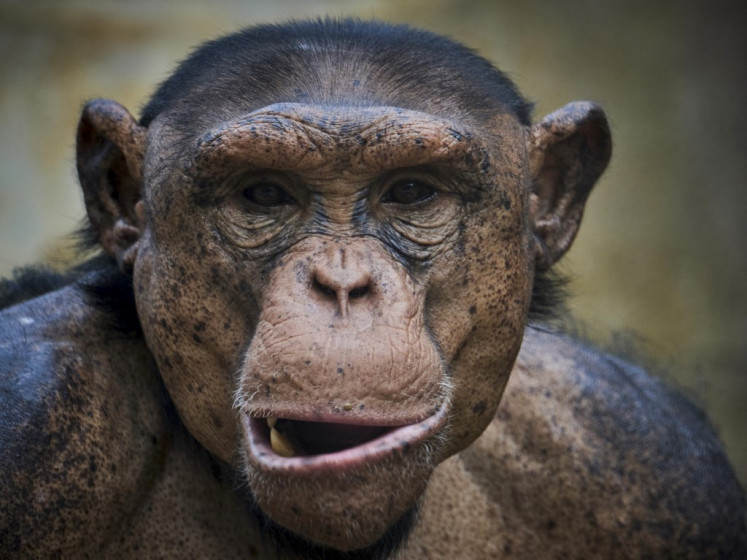Climate change boosts wine production in beer-loving Belgium
Belgian wine production quadruples in past decade, with wine making seen moving north in Europe and flavors evolve from lemon to lychee.
Change text size
Gift Premium Articles
to Anyone
 Belgian winemaker Betrand Hautier poses with at a glass of white wine Le Vin de Jean at the Domaine du Chapitre in Baulers, Belgium, on July 6, 2018. (REUTERS/Yves Herman)
Belgian winemaker Betrand Hautier poses with at a glass of white wine Le Vin de Jean at the Domaine du Chapitre in Baulers, Belgium, on July 6, 2018. (REUTERS/Yves Herman)
Etienne Rigo stands in his sun-baked vineyard in the center of Belgium, enjoying the fruits of climate change.
Rising temperatures are boosting the wine trade in Europe's northern climbs - production has quadrupled in Belgium since 2006, according to government figures. The amount of land given over to grapes there has risen even faster.
But as well as the volume, there's the taste.
"Twenty years ago we had wines that had tastes of citrus, lemon and a bit grapefruit. Today we have wines that are closer to exotic products: lychee, pineapple. This is a notable evolution," Rigo, co-owner of the Domaine de Mellemont winery, tells Reuters.
"We had much lighter wines 20 years ago. Today, we have wines that are fatter, with a longer finish and a much longer persistence."
Twelve years ago, vines covered just 72 hectares of Belgium, a country better known for its beers, data from Belgium's economy ministry show.
Last year, that area had expanded almost five-fold to cover 343 hectares - still miniscule compared to neighboring France, but a start.
It is part of a clear pattern, according to Wim Thiery, a climate scientist at VUB university in Brussels.
Read also: The best (and worst) wines of the 2017 vintage from Bordeaux
"We do clearly see a shift where regions in the Mediterranean which are currently suitable for viticulture will no longer be suitable in the future, or less and less suitable," he said.
"Instead, regions in northern Europe such as Belgium will become suitable in the future for vineyards and for wine growing."
There are downsides. Climate change has generally made weather more erratic which can hurt vineyards, says Thiery.
But most of the changes have been more gradual. Production has climbed, tastes have evolved and the harvests have edged earlier at Domaine de Mellemont, 40 km (25 miles) southwest of Brussels.
Workers there used to call one of their picking seasons the All Saints Harvest because of its closeness to the festival at the end of October.
"This year, we're planning on harvesting our grapes around late September or early October," says Rigo.
When it comes to the changes he has seen in the last few years, he is happy to focus on the positive.
"Belgian wine is very young. It is still in its adolescence when it comes to grape variety, terroir. In the coming years, I think we will discover some really fantastic things."









